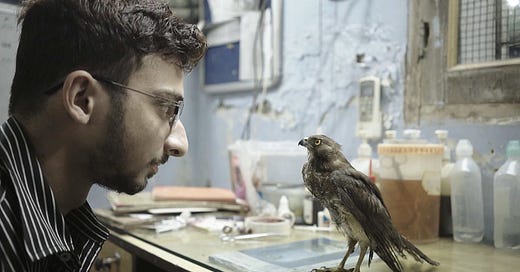The 6 Best Documentaries of the 2022 Sundance Film Festival
This year’s documentary programming at the Sundance Film Festival was a mixed bag. There were some major disappointments and even an ongoing embarrassment. A few of the films I watched in both the competition and the premieres sections were just plain weak. But I also saw a number of very good films and maybe one or two I’d call exceptional achievements…
Keep reading with a 7-day free trial
Subscribe to Nonfics to keep reading this post and get 7 days of free access to the full post archives.



